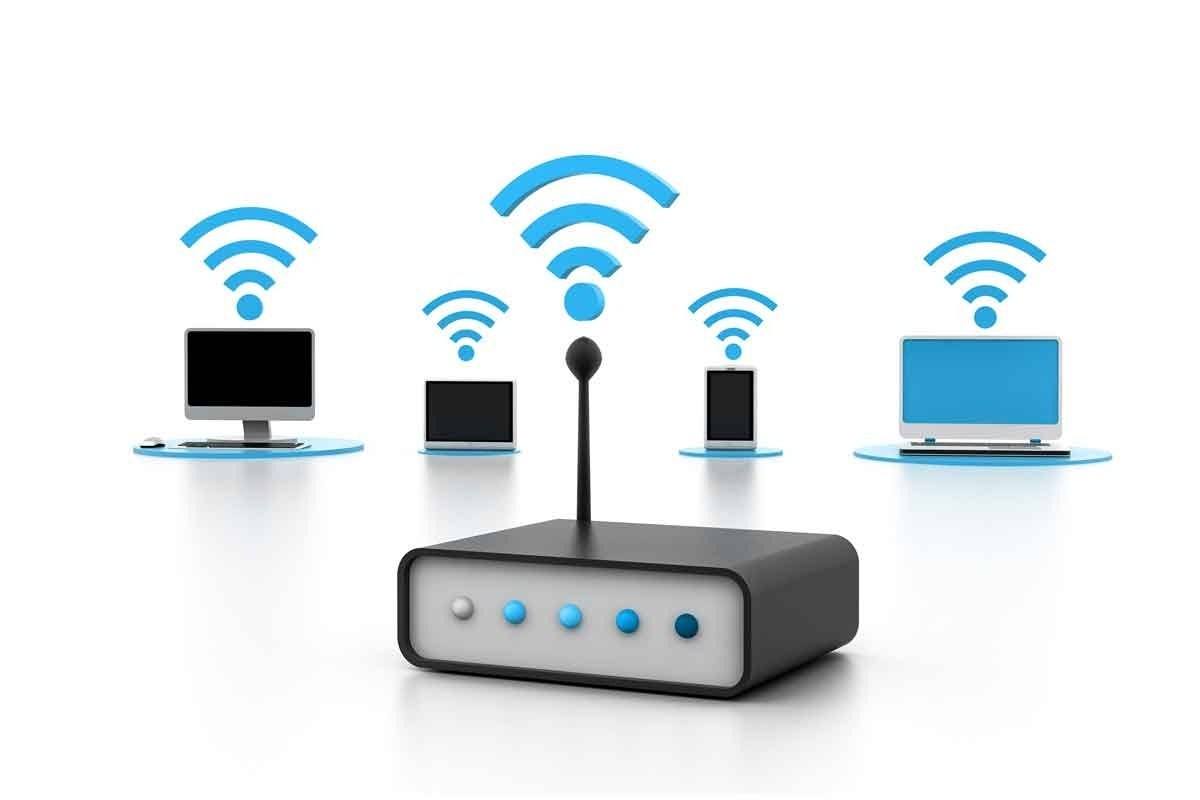There are plenty of benefits to having a stable Internet connection while going off-grid. Getting the latest news, especially on the weather, is one important boon of Internet access. Having a reliable means of communication with faraway family and friends is another plus, not to mention having an extra emergency channel just in case disaster strikes. Entertainment is also a notable benefit, as the Internet offers an endless variety of options.
Nowadays, it’s not that difficult to secure a decent Internet connection while pursuing the off-grid lifestyle. Let’s explore some of the more common solutions to the problem.
Use your cell phone
Depending on your carrier’s coverage and data services, you can use your mobile phone to connect to the Internet while out there. First, you’ll have to find out whether your carrier – or any other mobile network operator, for that matter – operates in your part of the woods. Otherwise, this option is completely unviable.
Mobile Internet can be fast and have wide connectivity range, but it heavily depends on the number of cell towers in the area and your distance from these sites. There are man-made and natural environmental factors at play as well that may affect the quality of your mobile signal. Foliage, especially tall trees, act as signal absorbers and will interfere with mobile connectivity. Geographical features, such as ridges and hills, can hinder and block cell phone signals as well.
If you find yourself having spotty cell phone reception, then you’re probably at the edge of your carrier’s mobile coverage. Getting a cell phone signal booster can help in improving mobile reception. These booster kits are usually made for specific mobile carriers. For example, if you’re a Verizon subscriber, it’s best to get an approved Verizon cell phone signal booster for the task. There are a lot of booster kits to choose from, so take time to research which kit suits your particular situation.
Connect to a WiFi network
The WiFi way is usually free and will generally provide the best Internet speeds. Just connect to an accessible WiFi network and you’re ready to go. Check for available WiFi networks in your locale and see if you can reliably connect to them.
Unfortunately, WiFi networks are also the most range limited option to go with. A typical wireless router – a device that enables WiFi connections – has a reach of 150 feet (46 meters) indoors and 300 feet (92 meters) outdoors. Factoring signal interference, you can count on these figures to be practically lower in real world situations.
Using a WiFi range extender on your laptop can be helpful in increasing your connectivity to wireless networks. These signal boosters usually come in the form of an antenna that amplifies existing signals it can detect and use.
Get a satellite service
Nowadays, there are plenty of companies that offer satellite Internet services at varying price points. The biggest advantage to it is that you can virtually get an Internet connection anywhere in the world – so long as you have a clear view of the sky.
Unfortunately, satellite Internet is still the most expensive option out there and the speeds are significantly slower compared to mobile and wireless connections. Also, reliability can be an issue sometimes, as the service is greatly affected by sky conditions.
Conclusion
There are a lot of ways to get a reliable Internet connection while off-gridding. Choose the options that best suit your lifestyle and your budget.







